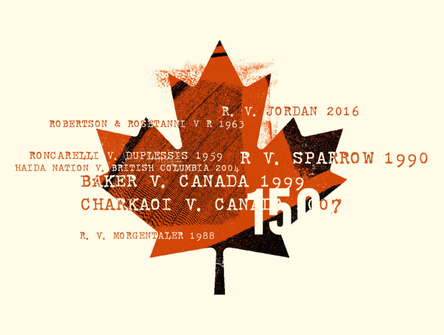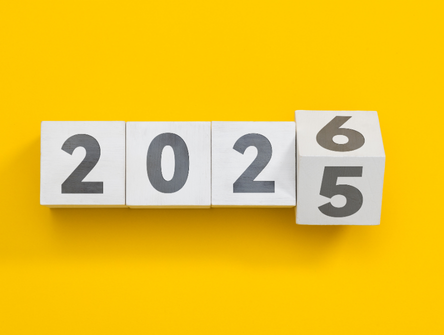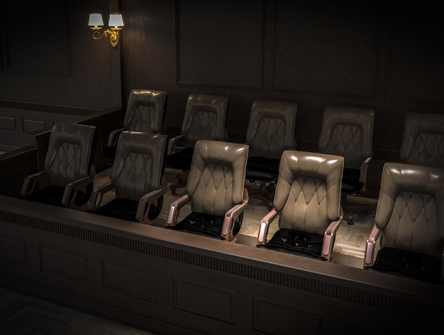Dying of old age, or of climate change?
Using climate litigation to defend the rights of the elderly.

Picture this: I'm standing in a long, chaotic but still functional, line at an airport in Northeastern India. A representative from a regional airline motions for me to move aside. He looks at my father, walks over and says, "it'll be easier for him over there." The "there" he is referring to is a dedicated senior's line. It is shorter, faster, and more efficient than the main line. This kind of preoccupation for the comfort of older generations is embedded within the Indian psyche, so much so that it is articulated in the Indian constitution.
India's constitution mandates governments to safeguard the wellbeing of vulnerable populations, and specifically cites the elderly. The country's high court recently invoked that safeguard in an order that admonishes state governments for not taking action on Delhi's air pollution. The ruling orders the states to propose technological solutions to stem the need for stubble burning, to use of air-pollution abatement technologies and to seek expert recommendations on how to best tackle the perennial air pollution.
It's unclear how the states will respond to the Supreme Court of India's ruling. Still, it might inspire the elderly in other countries, including Canada, to fight for their environmental rights.
Indeed, emerging economies are not the only ones struggling with air pollution. The unprecedented bushfires burning along Australia's east coast is causing chaos by subjecting its citizens to smoke pollution. Last spring, forest fires in Northern Alberta severely impacted Edmonton's air quality, even prompting Jason Kenny to cancel a campaign event.
For the most part, it's millennials and the youth who have typically been the drivers behind climate litigation that argues that they are the ones who will suffer the impacts of climate change. But imagine if heatwaves, exacerbated by climate change, were to contribute to a rise in mortality amongst Canada's elderly? Would the older generation have a cause of action?
Sébastien Jodoin, an assistant professor of Law at McGill University and a Canada Research Chair in Human Rights and the Environment, can think of only one such lawsuit in the world. A group of senior women who sued the Swedish government on the grounds that they would be disproportionately affected by a predicted rise in heatwaves. That case has been dismissed twice but is on appeal.
It's unclear whether the argument would succeed in the Canadian context, as there is no precedent. "There's a good argument to be made in a situation where you have a significant interference with and risk to someone's health, and it's due to the failure of the government to control air pollution, you could bring a case under Section 7 [of the Canadian Charter]," says Jodoin. "The Supreme Court has never closed the door to Section 7 being extended in that way."
The law professor further notes there are three climate change cases currently before the courts, which turn in part on Section 7 arguments and the failure to effectively regulate the environment.
Another way to bring a lawsuit on behalf of the elderly is under Section 15: "You could bring a case for violations to your right to equality if you're a historically marginalized group even if it's not specifically written for older generations," says Jodoin. However, he warns that a case brought against the Canadian government would need to make pleadings based on science—a task exceedingly difficult and expensive.


